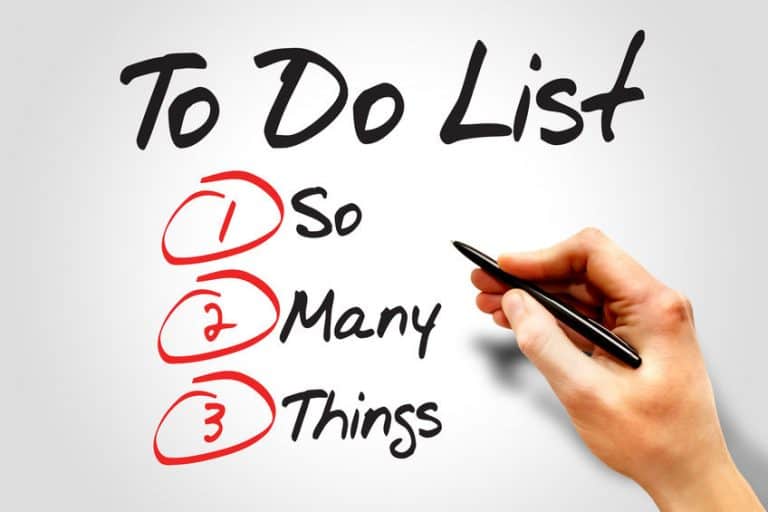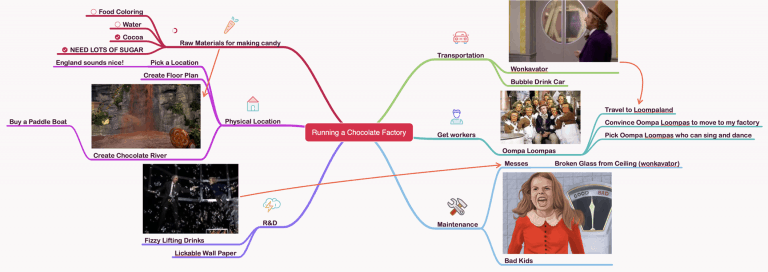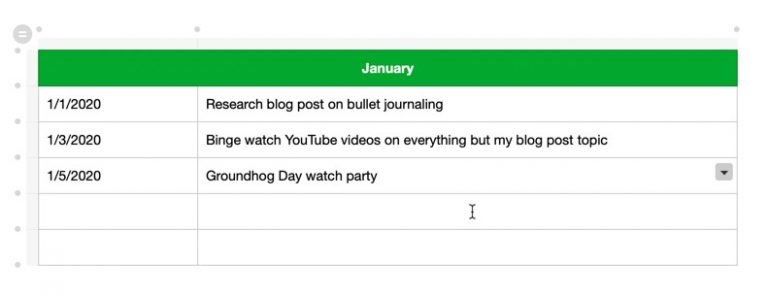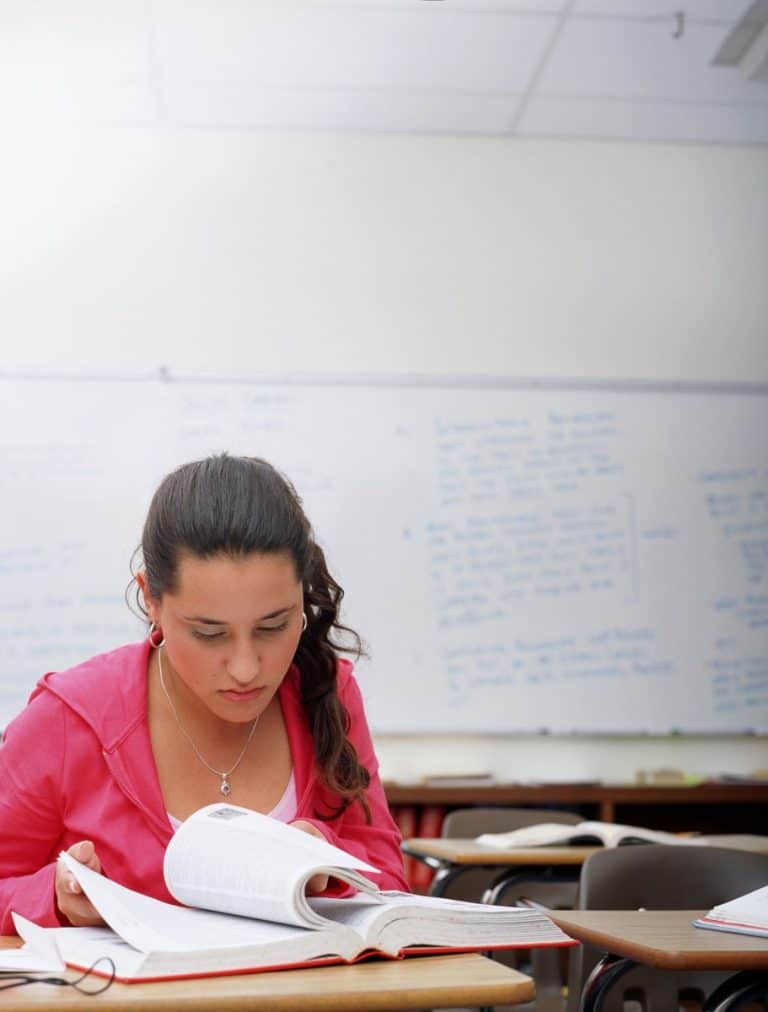When Should You Stop Studying for an Exam? Find the Answer Here
Whether you’re in high school, college, or graduate school, exams are a significant part of your academic success, so you want to do well with each exam you take. Studying is vital to performing well, but too many people make the assumption that students instinctively know how to study well, which isn’t often the case. This guide will help you develop some strategies for studying well and scheduling the right amount of time to study.
So when should you stop studying? While it will vary a bit, the general rule is to stop withing 12-24 hours of the exam. This will give your brain a nice break and allow you not to overstress on the upcoming exam. If you have done the things we describe in this article, you won’t need to cram for the exam.
Studying for a major exam is an issue of time management, especially when you have multiple classes and other responsibilities such as a job or even a family. You want to do well, so setting aside time to study is vital to performing well on an exam the first time. But before we talk about how you should structure the time you set aside for studying, an important question is how much time should you devote to studying? Is it possible to study too much? Too little?
If you are looking for study tips, check out our article on the twenty-five best tips for improving your academic performance at the link below:
25 Awesome Study Tips for Improved Academic Performance
Before we get started, if you are looking to improve your writing, you should really check out Grammarly. Grammarly is a godsend for those who have to write term papers, dissertations, or anything else you write that needs to be grammatically correct. Grammarly doesn’t just check grammar either. It helps you to write clearly and effectively by checking for overused words and unclear phrases. Best of all, Grammarly has a great free tier to get started with. For more information on Grammarly, click the link below:
Grammarly – Great Writing, Simplified
If you are looking for the best study tools out there, you should read our article on the best study tools to enhance your studying at the link below:
The Ultimate Study Tools You Must Use to Succeed!
Don’t Wait to Study
The question of when to stop studying may depend on a variety of factors unique to the individual. For some, learning new concepts and skills comes with little effort, so multiple exposures to the same content over and over may not be the best way to study. Most people, however, need the time to study whether to immerse themselves in the material so that it’s firmly stored in their brains or to increase their confidence so that they’re not questioning themselves when they’re taking the exam.

Some people thrive on waiting to study just a few days or even a few hours before an exam because the crunched timeframe forces them to focus. Procrastination does have its risks, however, and students shouldn’t rely on it. After all, being forced to concentrate during a truncated amount of time often indicates a need to be more self-disciplined with the time that is available before crunch time. Academically successful students are usually excellent time managers, as well. They’re juggling multiple classes and responsibilities without dropping any.
Stop Studying the Day Before the Exam
If you’ve set aside time to study for an exam, it’s best to give yourself some time between the end of your last study session and the exam itself, according to Colin Gruenwald of Kaplan Test Prep. He says, “Within 12 to 24 hours of the test, it’s time to stop studying. “He reasons that you run the risk of putting too much pressure on yourself if you’re completely focused on studying up to the last minute before you take the exam. “You’re not going to learn a lot of new content,” he says. “The likelihood is much higher that you’re going to stress yourself out and confuse yourself.” If Gruenwald is correct, there must be a point when you tell yourself, “I’ve studied. I know this, and now I can get some much-needed rest, so I’ll be ready for the exam.”
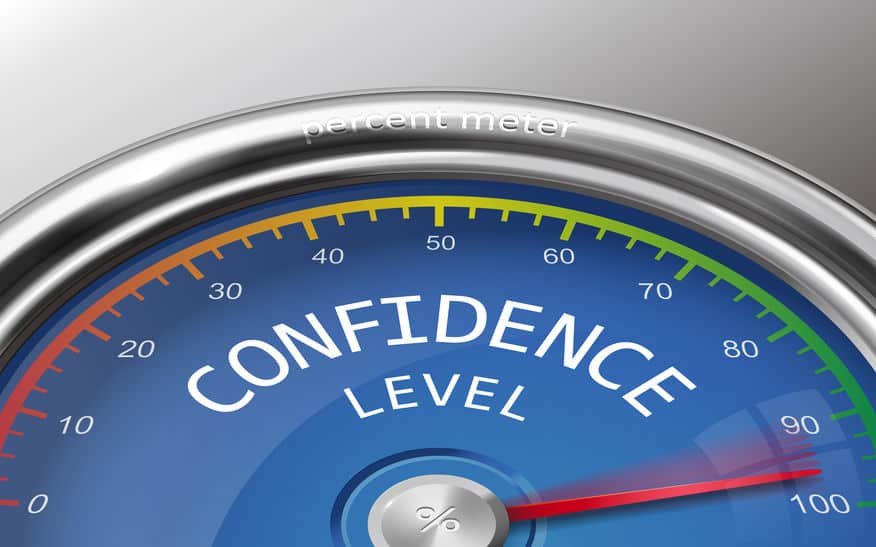
This is true for every type of student, even the ones who like to wait until the last minute. Sure, the pressure makes you focus, and maybe that focus will help you on the exam, but how much better could you perform if you weren’t under duress because of waiting until the last minute. Gruenwald has advice for the procrastinators, as well. “For the last-minute studier,” he says, “flashcards can be a good resource. They can earn you a few more points on test day, and it’s a much healthier thing to do than starting on page one of the textbook.”
Focus Your Study Time
Before you begin studying, it would be a good idea to know exactly what will be tested on the exam. You don’t want to spend several hours studying mitochondria, for example, if it only represents a small percentage of the exam. You also don’t want your study to be so broad in the subject of the exam that you end up studying a large amount of material that won’t even appear on the exam.
If the exam is for a class, ask your instructor for a study guide for the exam that outlines exactly what will be tested. Don’t be afraid to ask questions. If you know ahead of time what you’ll be tested on, then you know how to focus your study time.

If you’re studying for a standardized test such as the SAT or the ACT, there are plenty of study guides available to help you target your study time. The same goes for exams such as the MCAT if you’re a medical student or a bar exam for law students.
Once you have a clear outline of the material you need to study and master to be successful on your exam, it’s best to identify struggling areas so that you can pay special attention to those. There are likely some areas that seem to come naturally to you without a lot of effort. You should definitely review those areas to make sure they’re solid, but your struggling areas should be your points of focus.
Partner Up
Studying doesn’t have to be a lonely endeavor. If you and some friends are taking a class together, creating a study group can help to take away some of the feeling of isolation that studying can bring. Studying with someone else can also help you to identify the areas that you’re struggling to master.

Studying with a partner or a group can help you avoid some of the traps of studying alone, such as the tendency to embrace distractions when they come along and procrastination. Having the opportunity to discuss the material you’re studying with someone else can reinforce the material in your memory. Additionally, you’ll be able to see the material from the different perspectives of your group members, and you may pick up some valuable study strategies from your group members that you’ve never thought of before.

Accountability is probably the most beneficial aspect of studying with a partner or a group. It’s easy to get distracted when you’re on your own. Someone sends you a text message, for example, and you decide to check it. Soon, you find yourself scrolling through social media and your study time slipping away. Sure, a group can get distracted as well, but they can also keep each other focused and on task.
Take Breaks
Studying is hard work, so don’t be surprised if your mind begins to get tired after studying for a long time. Just as your body needs frequent breaks, if you’re doing strenuous work, your brain needs to stop and recharge as well.

Ted Dorsey, author of Tutor Ted’s Guide to the SAT, says that “[w]hen you study, your brain consumes glucose.” This energy needs to be replaced frequently if you hope to keep studying for a long time. Dorsey suggests taking “a five-minute break every hour to let your body produce more fuel for your studying. Take a walk, have a healthy snack (almonds, fruit, and yogurt are good choices), and stretch. Taking breaks will actually improve your studying.”
Tailor Your Study for You
There’s no one right way to study, and what works for your best friend may not be right for you. Knowing what will empower you and enhance your study time can make all the difference in the effectiveness of your study time.
Flashcards can be helpful if you’re someone who grasps ideas better when you can manipulate something with your hands. More visual learners can take advantage of image associations or color-coded outlines. Ted Dorsey says that some learners can “[c]hange the lyrics of a song you know to help you memorize” the content you need to study.
Get to know yourself and get creative because, according to Ted Dorsey, “Any studying is good studying, so do it the way that works best for you.”
Rest Well Before the Test
Remembering that it’s best to stop studying for an exam is 12 to 24 hours before the exam, the best thing you can do with your remaining time is to rest and recharge so that you’re ready to perform your best at exam time. Taking an exam can be mentally taxing, so you’ll need your energy to do your best. You won’t have that energy if you wait until the last minute to study and fail to get a good night’s rest.

In fact, getting a good night’s sleep could help improve your overall test score. A 2014 study conducted by Ghent University and KU Leuven in Belgium found that students who slept at least seven hours the night before an exam typically received higher test scores than students who only got six hours of sleep the night before. Ideally, you want to aim for a solid eight hours of sleep so that you’re well-rested, and your mind is ready to go.
Get Energized
The flip side of getting enough rest is making sure that you’re filling yourself with good energy for the day of the test. Though you’ve probably heard the phrase a thousand times, on test day, breakfast truly is the most important meal of the day, according to a 2013 study, which says that “eating breakfast has a positive effect on children’s cognitive performance, particularly in the domains of memory and attention.”
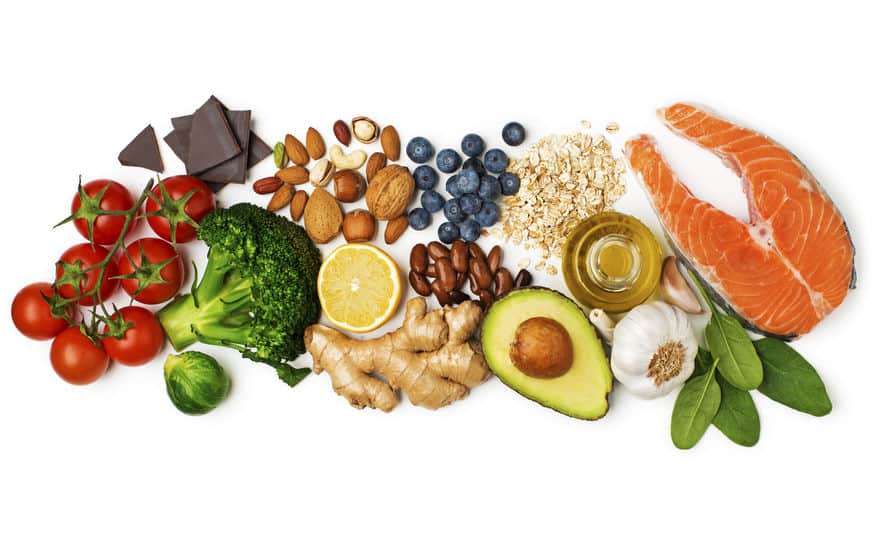
Not just any breakfast will do. This isn’t the time to swing by the donut shop or pick up fast-food breakfast through your local drive-thru. The best energy, the kind of energy that will stimulate your brain to perform well on test day, is going to come from healthy foods. In fact, brain foods such as fruits and vegetables and whole grains can really give you the boost you need to think clearly and remember all that you studied during the exam. I wrote an article on whether it is best to eat before or after studying in case you are interested in learning more.

Limited use of caffeine can also help. Just make sure you choose good sources of caffeine and avoid sugary drinks.
Relax and Give it Your Best
The advice above is designed to make the test day itself as stress-free as possible. An anxious mind doesn’t perform as well as a relaxed mind. If you’ve studied well, stopped studying the day before the exam, gotten plenty of rest, and eaten healthy foods to fuel your mind to perform well, you can be confident that you’re walking into your exam prepared and ready to succeed.
Want More Tips and Tricks? Subscribe to our Newsletter!
If you haven’t already subscribed, please subscribe to The Productive Engineer newsletter. It is filled with tips and tricks on how to get the most out of the productivity apps you use every day. We hate spam as much as you do and promise only to send you stuff we think will help you get things done.
Check Out Our YouTube Channel!
We have a YouTube channel now and we are working hard to fill it with tips, tricks, how-tos, and tutorials. Click the link below to check it out!
Check out our Resources page
Check out our resources page for the products and services we use every day to get things done or make our lives a little easier at the link below:


